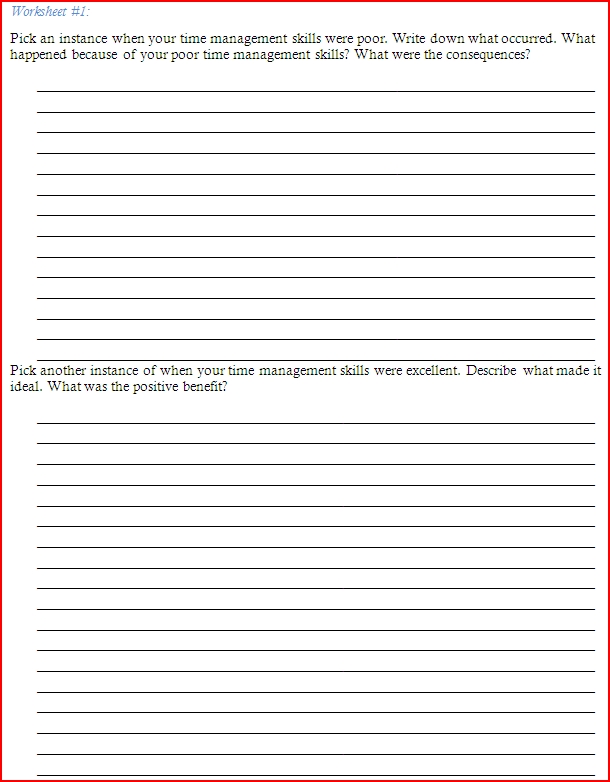Consequences of poor time management
Just within the past year, we've seen the horrific example of how poor time management can lead to an early death. It wasn't an IT worker; it was an intern based in London working for a major international bank, and the official cause of death was ruled epilepsy. But the 21-year-old student's father believes that the epileptic seizure could have been brought on by his son's lack of sleep from the grueling schedule he was keeping as an intern. Pacing oneself, including getting enough sleep, is one of the cornerstones of excellent time management. Burning out, or worse, are dramatic consequences of poor time management.
Here are some other examples that denote the consequences of poor time management:
Missing a deadline and having a client or customer who is furious with you as he or she waits days, weeks, or even months till you get the project done
Showing up late for work or for a meeting and getting a bad reputation for being late and not showing enough concern for the time of others
Having to work around the clock for a couple of days, or most evenings and weekends, for days at a time because you agreed to an unrealistic deadline that you are breaking your back to try to meet
Applying the pros and cons of effective time management to yourself
Consider yourself and your average work day. When did you show poor time management and what were the consequences? Use the space in Worksheet #1 to write down an example of what you did (for example, missing a deadline, getting in late, failing to take a lunch break, pulling an all-nighter, agreeing to an impossible deadline, and so on) that showed poor time management and another situation where your time skills were excellent.


































































